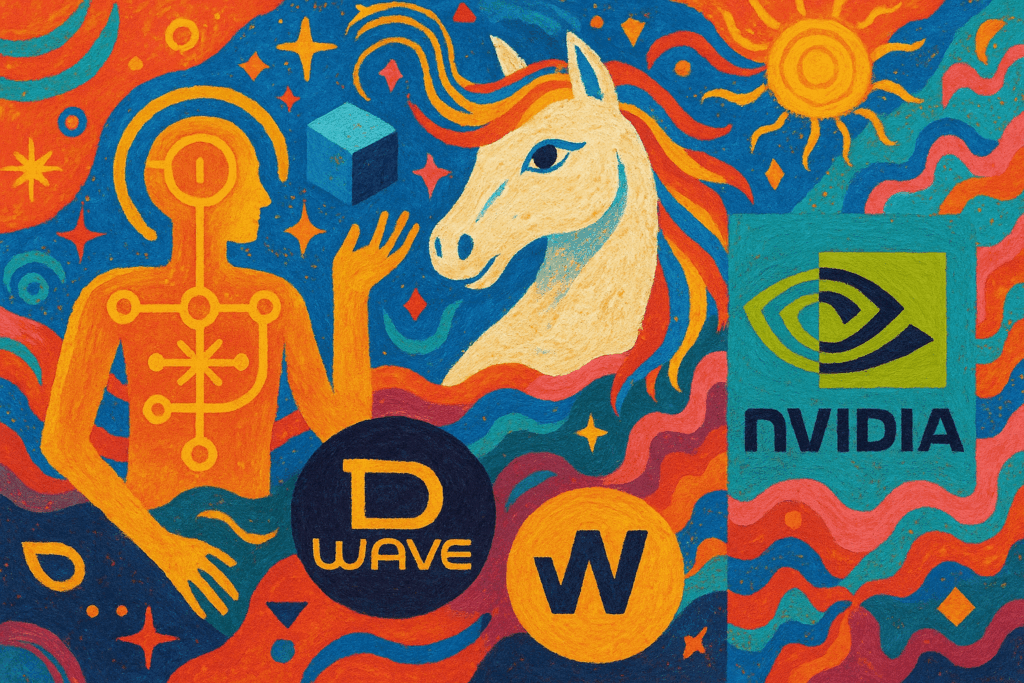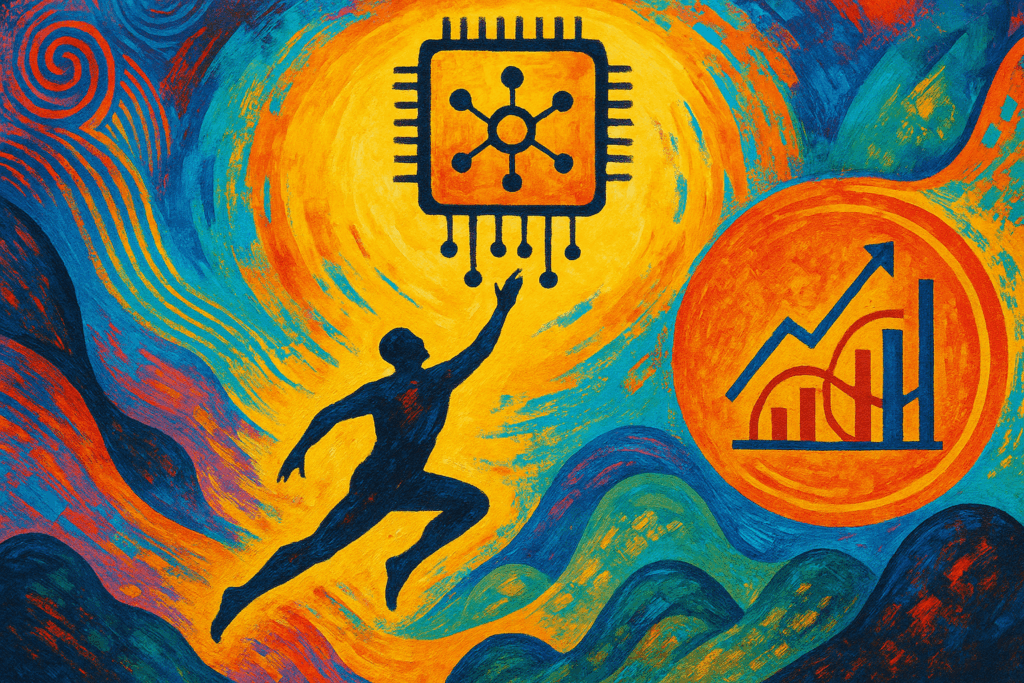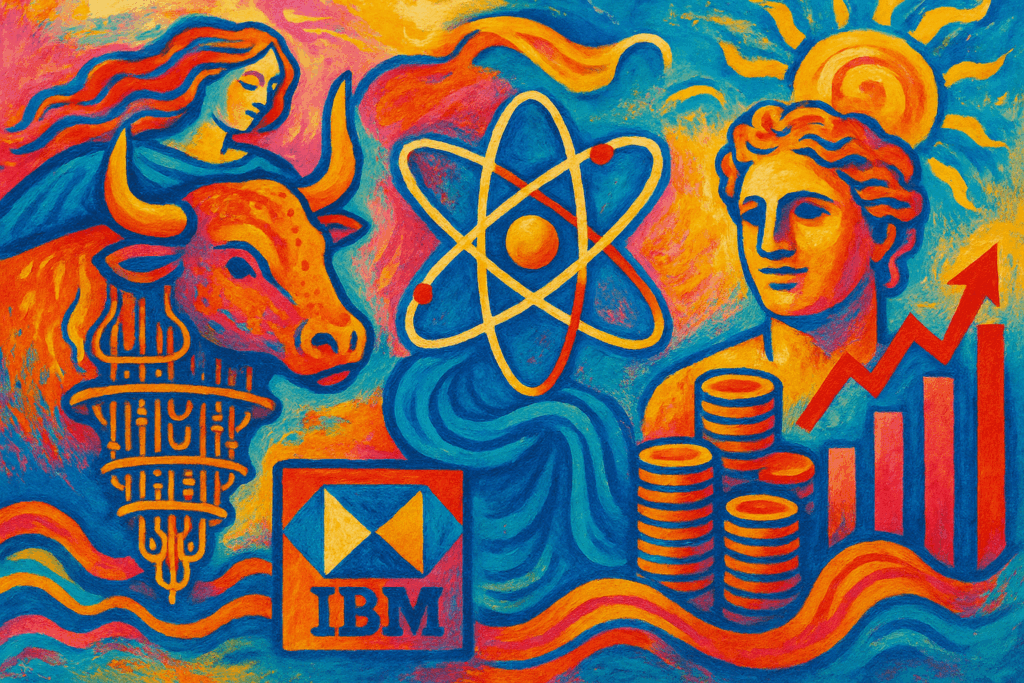Pure-Play Innovators: IonQ and D-Wave
IonQ’s Trapped-Ion Advantage
IonQ stands out in the quantum computing field by focusing on trapped-ion technology. This approach uses charged atoms individually trapped and manipulated with lasers to perform quantum operations. The technique delivers high precision and low error rates, making IonQ’s quantum processors well-suited for complex computations that demand accuracy. IonQ continues refining this method to address scalability and reliability challenges inherent to quantum systems.
D-Wave’s Optimization Specialization
D-Wave Quantum applies a different quantum computing paradigm called quantum annealing. Unlike universal gate-based quantum computers, D-Wave’s architecture is designed to efficiently solve optimization problems by finding minimum energy states in complex systems. This specialization makes D-Wave a valuable player for industries requiring rapid solutions to logistical, scheduling, and material science challenges, leveraging its quantum annealing hardware to address practical applications.
Nvidia’s Bridge to the Quantum Future
Nvidia occupies a distinctive role by integrating quantum computing into its established AI and accelerated computing platforms. Through its CUDA Quantum (CUDA-Q) software framework, Nvidia enables developers to combine quantum processors with classical GPUs, fostering a hybrid computing model. This strategy supports the gradual incorporation of quantum capabilities into AI workflows and simulations, while continuing Nvidia’s leadership in AI hardware and software development.
The Evolving QuantumAI Landscape
The combined efforts of IonQ, D-Wave, and Nvidia illustrate the multifaceted progress within the QuantumAI space. IonQ and D-Wave contribute distinct quantum hardware innovations addressing different computational problems, while Nvidia offers the linkage between quantum and classical AI processing. Together, these companies accelerate the advancement of quantum technologies towards practical deployment, signaling shifts that could redefine computing paradigms during the coming years.
As quantum computing moves beyond theory and experimental stages, understanding the various strategic approaches of these frontrunners provides valuable insight into how quantum and AI technologies will intersect and evolve in the near future.




